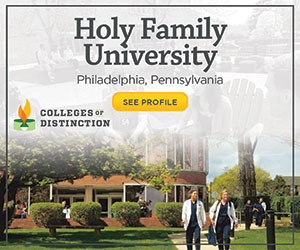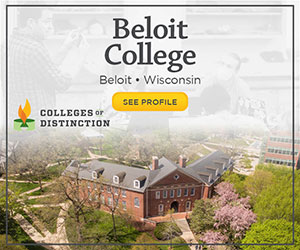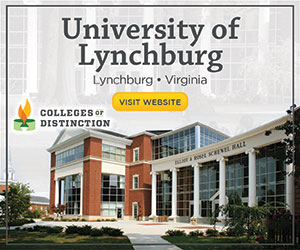The 30 Hardest Colleges to Get Into by Acceptance Rate
Last Updated: April 23, 2024 | Written by: Tyson Schritter, COO Colleges of Distinction | What is Colleges of Distinction?
Highlights: The 30 Hardest Colleges to Get Into by Acceptance Rate
- With a 3% acceptance rate, California Institute of Technology is the hardest college to get into in the country
- Harvard University has a 3.2% acceptance rate as of the 2021 year
- Stanford University in Stanford, CA reported a 3.7% acceptance rate
Understanding Acceptance Rates
Acceptance rates represent the percentage of applicants who are offered admission to a particular college or university. These rates vary widely among institutions, with some highly selective schools boasting acceptance rates in the single digits, while others have rates exceeding 50% or even higher.
For many students, gaining admission to a prestigious university with a low acceptance rate sounds like the ultimate dream. However, it’s essential to recognize that acceptance rates are influenced by a variety of factors, including the number of applications received, the qualifications of the applicant pool, and an institution’s specific admissions criteria.
The 30 Hardest Colleges to Get Into by Acceptance Rate
1. California Institute of Technology
Pasadena, CA
Acceptance Rate: 2.69%
California Institute of Technology is the hardest college to get into in the country with a 2.69% acceptance rate. With over 16,626 applicants and only 448 admitted students, Caltech is one of the most selective institutions in the country.
Acceptance Rate (Men): 2%
Acceptance Rate (Women): 4%
Avg Net Price: $20,755
Test Blind
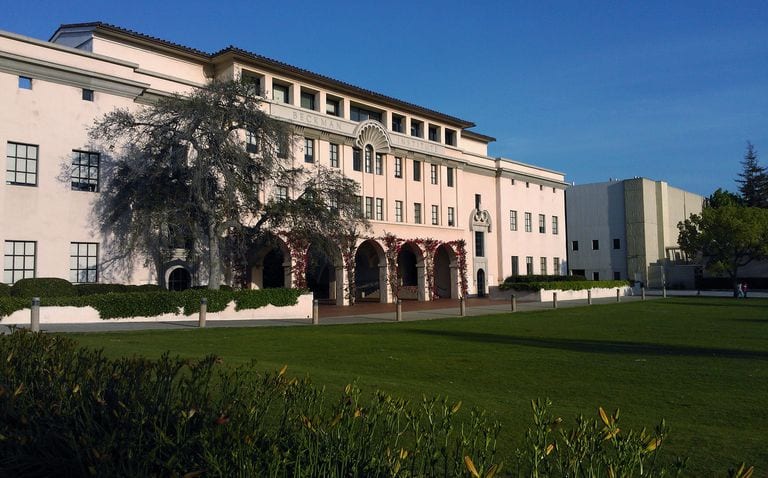
2. Harvard University
Cambridge, MA
Acceptance Rate: 3.24%
The Harvard admissions committee received 61,221 applications from undergraduate candidates for the class of 2026, marking an increase from the 57,435 applicants received the previous year. With thousands of highly qualified applicants vying for a limited number of spots each year, gaining admission to Harvard has become increasingly competitive.
Acceptance Rate (Men): 3%
Acceptance Rate (Women): 6%
Avg Net Price: $19,491
SAT Range: 1490-1580 – Test Optional
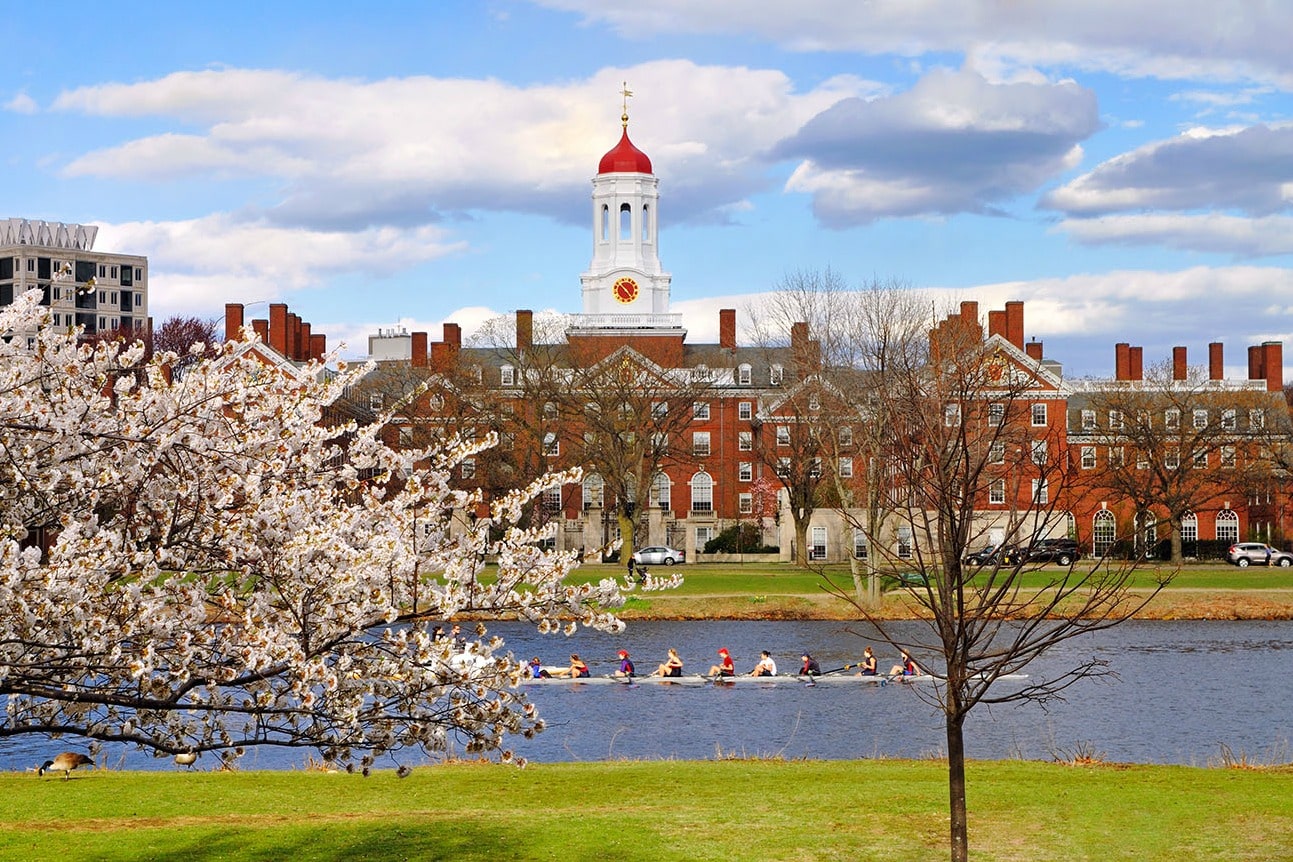
3. Stanford University
Stanford, CA
Acceptance Rate: 3.68%
The admissions process at Stanford University is notorious for its selectivity, attracting thousands of talented applicants from around the world. With a limited number of spots available, the competition for admission is fierce. Stanford received 56,378 applications for admission to the Class of 2026 and admitted just 2,075 students.
Acceptance Rate (Men): 3%
Acceptance Rate (Women): 4%
Avg Net Price: $18,279
SAT Range: 1500-1580 – Test Optional
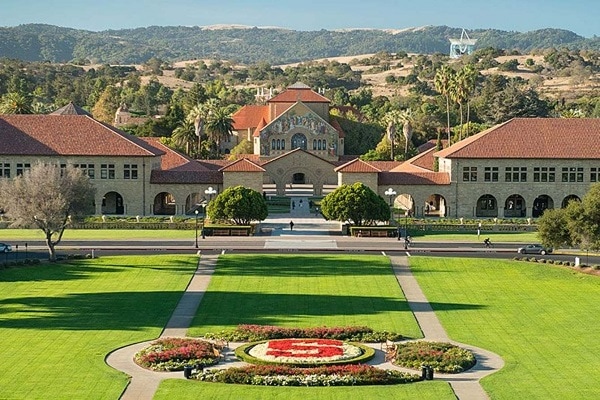
4. Columbia University in the City of New York
New York, NY
Acceptance Rate: 3.95%
Columbia University in the City of New York boasts a notably low acceptance rate, reflecting its reputation for exclusivity and competitiveness in the admissions process. The university receives a large pool of highly qualified applicants annually, making the competition for admission particularly intense. 60,377 students applied to Columbia, and just 2,253 were offered admission.
Acceptance Rate (Men): 5%
Acceptance Rate (Women): 3%
Avg Net Price: $22,058
SAT Range: 1490-1580 – Test Optional

5. Massachusetts Institute of Technology
Cambridge, MA
Acceptance Rate: 3.96%
The Massachusetts Institute of Technology (MIT) is notorious for its strikingly low acceptance rate, indicative of its selectivity in the admissions process. Drawing a vast pool of exceptionally qualified applicants from across the globe, MIT sees fierce competition for admission each year. The Massachusetts Institute of Technology admitted 1,259 students out of 26,914 applicants.
Acceptance Rate (Men): 3%
Acceptance Rate (Women): 6%
Avg Net Price: $20,232
SAT Range: 1530-1580 – Required
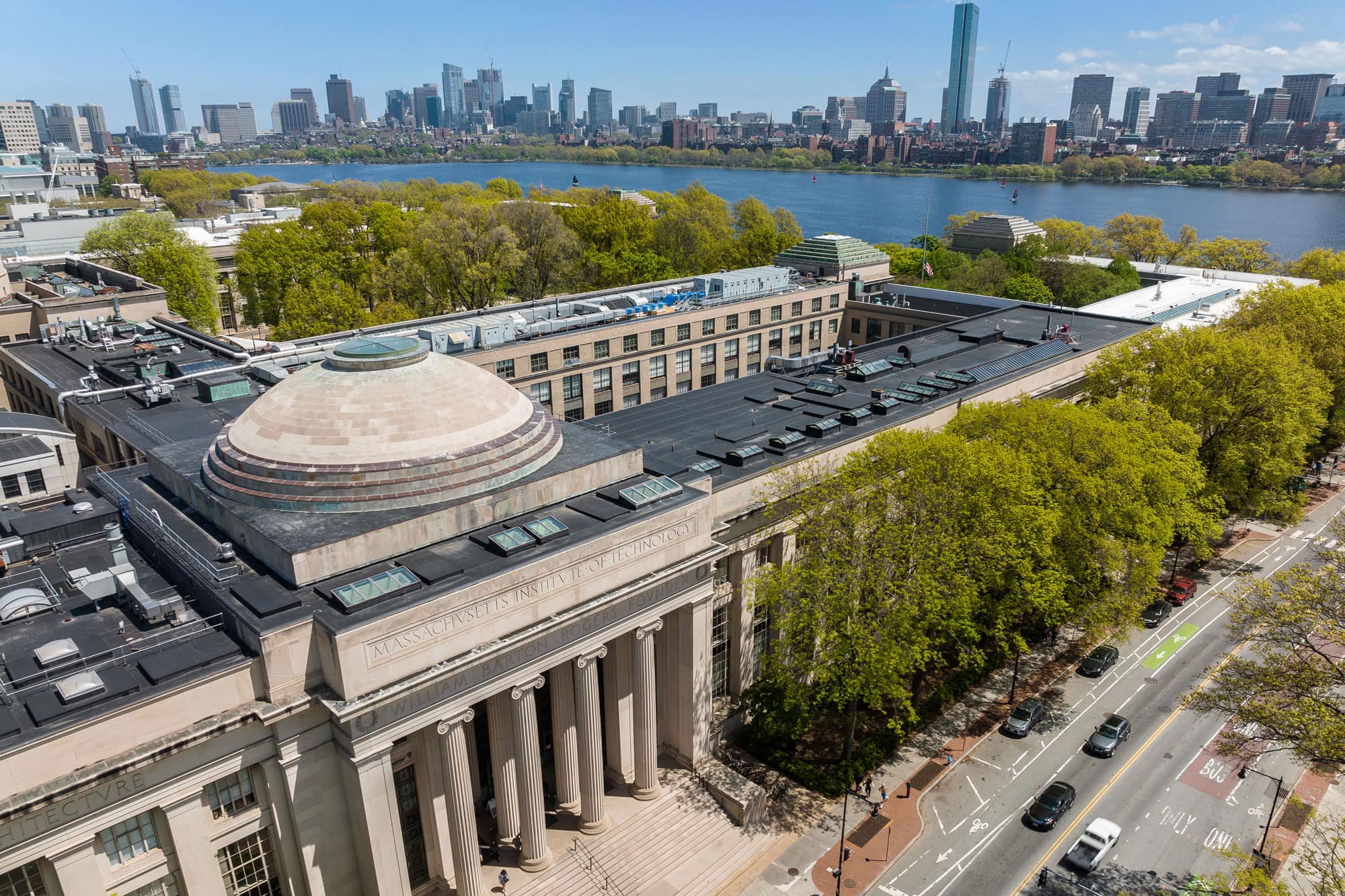
6. Yale University
New Haven, CT
Acceptance Rate: 4.57%
Yale University maintains a reputation for its remarkably low acceptance rate, reflecting its stringent admissions standards. Each year, Yale attracts a multitude of highly qualified applicants, resulting in intense competition for admission. In the latest admission cycle, Yale offered admission to only 2,275 of the 52,250 applicants.
Acceptance Rate (Men): 5%
Acceptance Rate (Women): 4%
Avg Net Price: $18,647
SAT Range: 1500-1580 – Test Optional
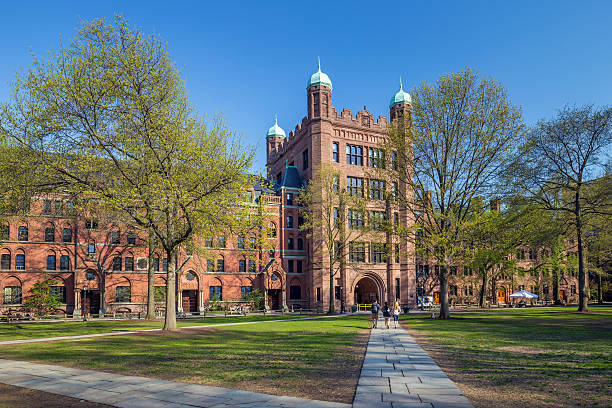
🎓 Planning Your Reach, Match, and Safety Schools?
Create a free student account to get our college comparison tools, application checklists, and upcoming scholarship alerts.
🔓 Start Planning Smarter7. Brown University
Providence, RI
Acceptance Rate: 5.06%
Brown University is renowned for its exceptionally low acceptance rate, highlighting its esteemed reputation and rigorous admissions process. Every year, Brown attracts a thousands of highly qualified applicants, leading to fierce competition for admission. Out of the record breaking 51,302 students who applied, only 2,609 students were admitted.
Acceptance Rate (Men): 7%
Acceptance Rate (Women): 4%
Avg Net Price: $26,723
SAT Range: 1490-1580 – Test Optional
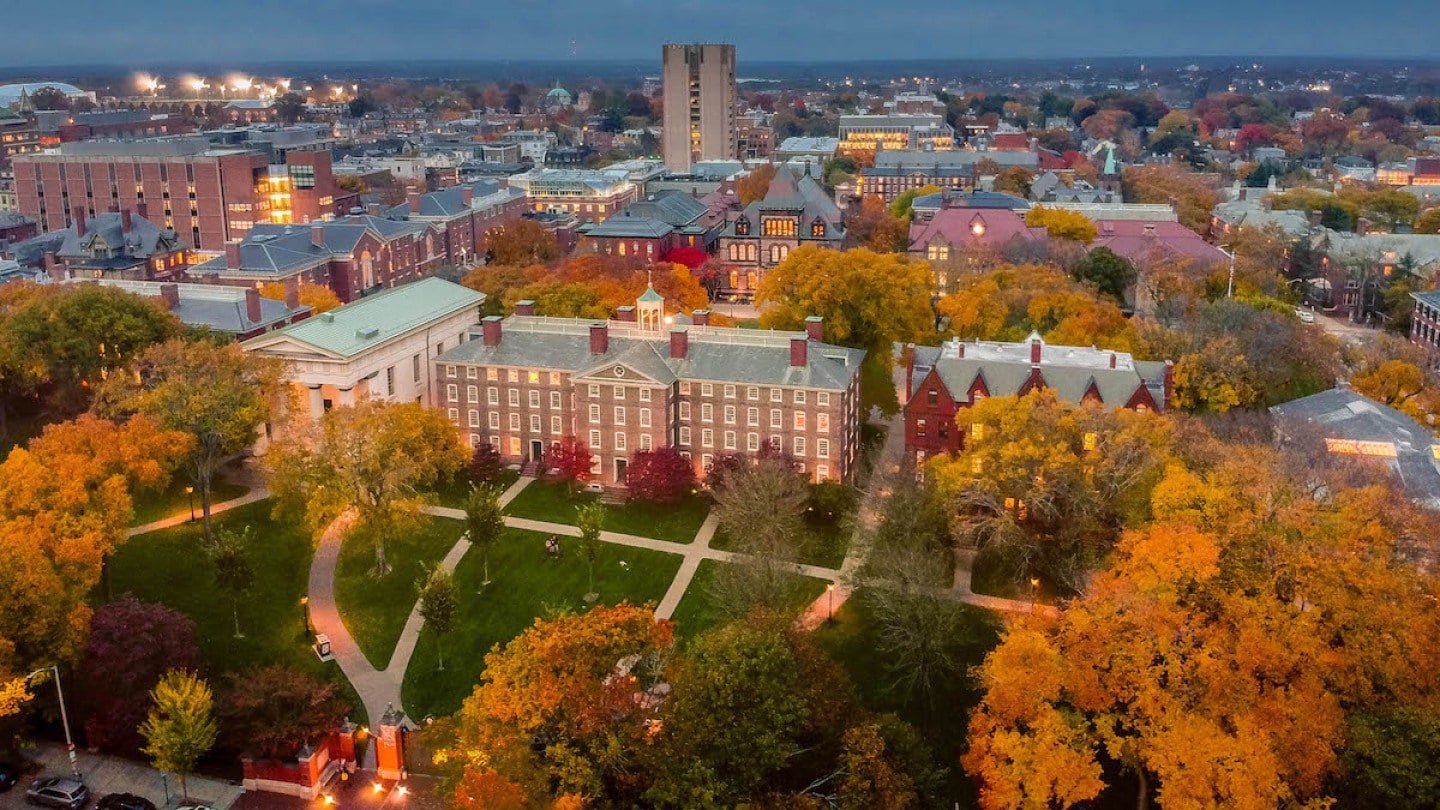
8. University of Chicago
Chicago, IL
Acceptance Rate: 5.43%
The University of Chicago has a strikingly low acceptance rate. Each year, the university attracts thousands of highly qualified applicants, leading to intense competition for admission. As a result, gaining admission to the University of Chicago is a formidable challenge, with only a small fraction of applicants ultimately securing a place in the incoming class. In 2021, only 2,419 students were admitted out of the overall 27,694 applications received.
Acceptance Rate (Men): 6%
Acceptance Rate (Women): 5%
Avg Net Price: $36,991
SAT Range: 1500-1580 – Test Optional
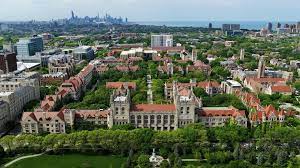
9. Princeton University
Princeton, NJ
Acceptance Rate: 5.70%
Princeton University is known for its notably low acceptance rate, reflecting its rigorous admissions process. Each year, Princeton attracts a large number of highly qualified applicants, leading to intense competition for admission. Consequently, gaining admission to Princeton is a challenging task, with only a small fraction of applicants ultimately securing a spot in the incoming class. In the last admissions cycle, 1,369 students were admitted out of the 14,577 applicants.
Acceptance Rate (Men): 6%
Acceptance Rate (Women): 6%
Avg Net Price: $18,698
SAT Range: 1490-1580 – Test Optional
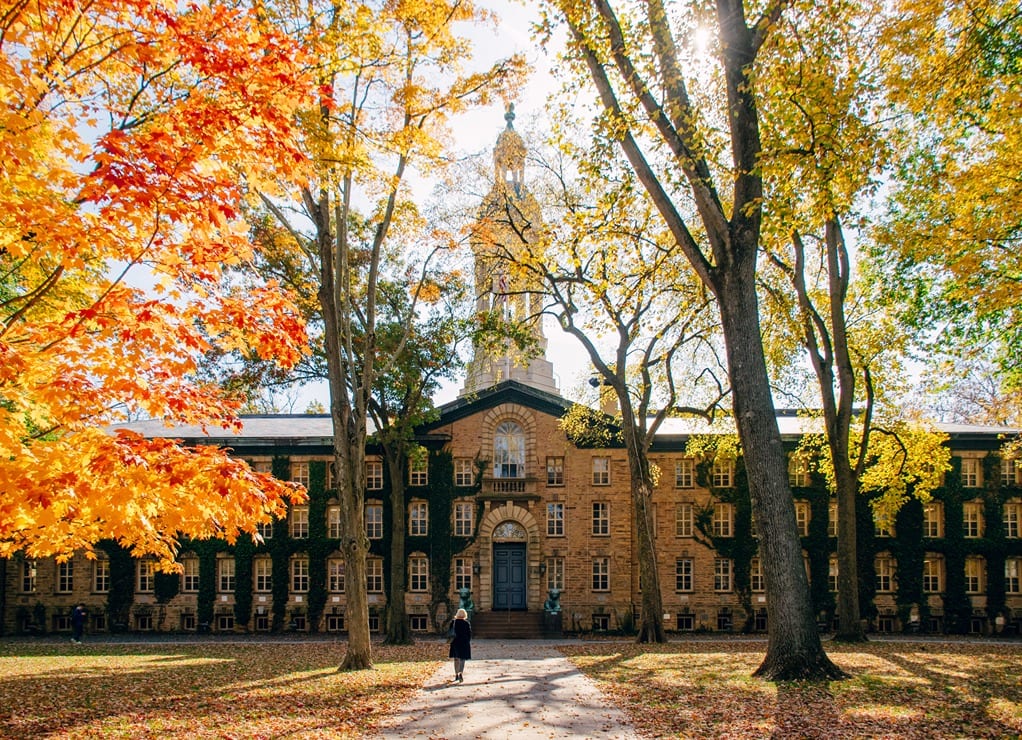
10. Duke University
Durham, NC
Acceptance Rate: 6.35%
While Duke University’s acceptance rate is double that of Caltech and Harvard, it is still strikingly low. Every year, Duke receives thousands of highly qualified applicants, resulting in fierce competition for admission. For the class of 2027, Duke only admitted 2,948 students out of 49,469 applicants.
Acceptance Rate (Men): 6%
Acceptance Rate (Women): 6%
Avg Net Price: $23,694
SAT Range: 1490-1570 – Test Optional
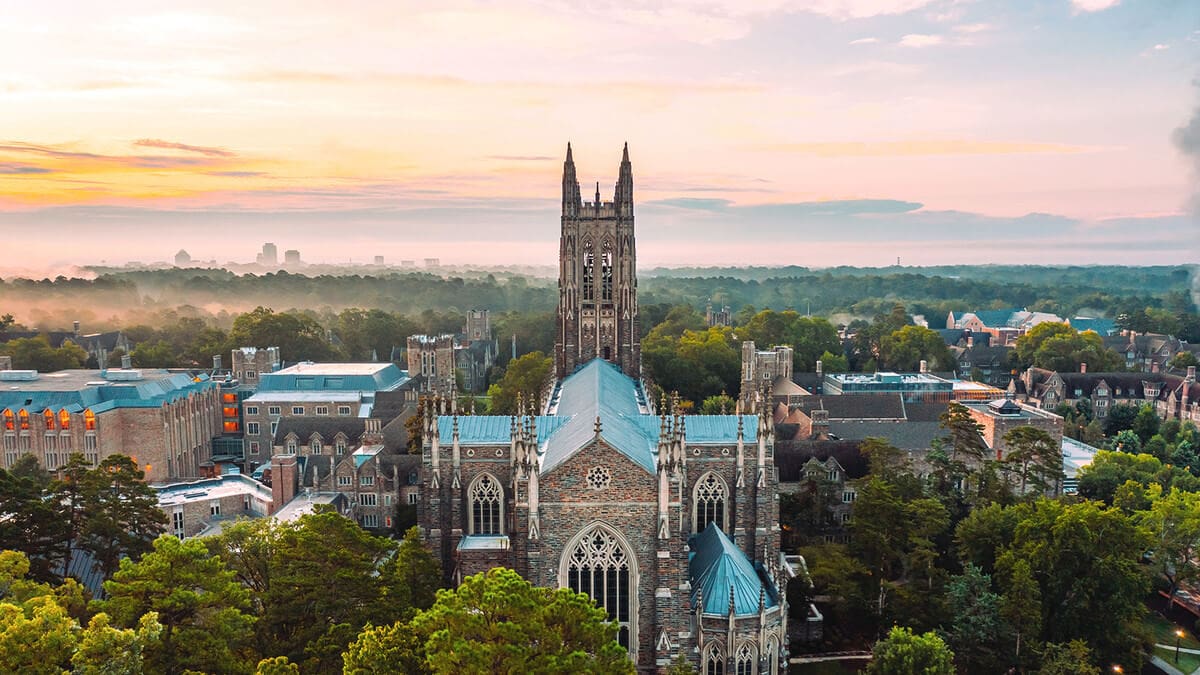
12. University of Pennsylvania
Philadelphia, PA Acceptance Rate: 7%
Acceptance Rate (Men): 6%
Acceptance Rate (Women): 7%
Avg Net Price: $26,123
SAT Range: 1500-1570 – Test Optional
13. Vanderbilt University
Nashville, TN Acceptance Rate: 7%
Acceptance Rate (Men): 7%
Acceptance Rate (Women): 6%
Avg Net Price: $25,606
SAT Range: 1490-1570 – Test Optional
14. Northwestern University
Evanston, IL Acceptance Rate: 7%
Acceptance Rate (Men): 7%
Acceptance Rate (Women): 7%
Avg Net Price: $22,095
SAT Range: 1490-1570 – Test Optional Acceptance Rate (Men):
15. Swarthmore College
Swarthmore, PA Acceptance Rate: 6.93%
Acceptance Rate (Men): 8%
Acceptance Rate (Women): 7%
Avg Net Price: $24,034
SAT Range: 1520-1570 – Test Optional
The Rest of the 30 Hardest Colleges to Get Into by Acceptance Rate
| Rank | School | Acceptance Rate | SAT Range |
|---|---|---|---|
| 16 | Pomona College | 7.0% | 1480-1560 - Test Optional |
| 17 | Northwestern University | 7.2% | 1490-1570 - Test Optional |
| 18 | Johns Hopkins University | 7.3% | 1520-1570 - Test Optional |
| 19 | Amherst College | 7.3% | 1420-1550 - Test Optional |
| 20 | Cornell University | 7.5% | 1470-1570 - Test Optional |
| 21 | Colby College | 7.6% | 1430-1540 - Test Optional |
| 22 | Williams College | 8.5% | 1480-1570 - Test Optional |
| 23 | University of California-Los Angeles | 8.6% | Test Blind |
| 24 | Rice University | 8.7% | 1490-1570 - Test Optional |
| 25 | Barnard College | 8.8% | 1440-1550 - Test Optional |
| 26 | Bowdoin College | 9.2% | 1460-1560 - Test Optional |
| 27 | Tufts University | 9.7% | 1450-1550 - Test Optional |
| 28 | Claremont McKenna College | 10.4% | 1440-1550 - Test Optional |
| 29 | Grinnell College | 10.8% | 1380-1530 - Test Optional |
| 30 | Carnegie Mellon University | 11.3% | 1490-1570 - Test Optional |
📝 Want to Build Your Own College List?
Create your free student account to save schools, compare acceptance rates, and organize your application plan.
🔓 Get Free College Planning ToolsThe Myth of Selectivity
It’s easy to fall into the trap of equating selectivity with quality or success. After all, if a college is difficult to get into, it must offer an exceptional education, right? Not necessarily. While prestigious universities often have rigorous academic programs and renowned faculty, attending a highly selective institution is not a guarantee of success.
Research has shown that factors such as student engagement, support services, and individual effort have a more significant impact on academic achievement and post-graduate success than the name or selectivity of the institution. In other words, it’s not where you go to college that matters most; it’s what you do while you’re there.
The Importance of Fit
Instead of fixating solely on acceptance rates, aspiring college students should prioritize finding a school that is the right fit for their academic, personal, and professional goals. A college’s selectivity should be just one of many factors considered during the college search process.
Think about things like campus culture, available resources, academic programs, extracurricular opportunities, and geographic location when evaluating potential colleges. By focusing on finding a school that aligns with their interests and values, you can increase your chances of academic success and personal fulfillment. Colleges of Distinction has hand-picked a selection of top schools that are well equipped to provide a personalized education catered to students’ interests.
Success Beyond Selectivity
It’s essential to remember that success in college and beyond is not defined by the name or selectivity of the institution. While attending a prestigious university can open doors and provide valuable networking opportunities, it’s ultimately up to the individual student to make the most of their college experience.
Frequently Asked Questions
UCLA stands out as the most competitive public university for admissions nationwide at a 8.6% admissions rate for the latest year data was available.
Related Articles
45 Best College Graduation Rates
Top Colleges with Affordable Out of State Tuition
40 Lowest Student Debt Colleges
35 Best Student-Faculty College Ratios
Best Test Optional Schools Curated by Colleges of Distinction
14 A + Schools for B Students
The Top 6 College Search Websites
Best College Dining Halls
College Campuses with Picture-Perfect Fall Foliage

